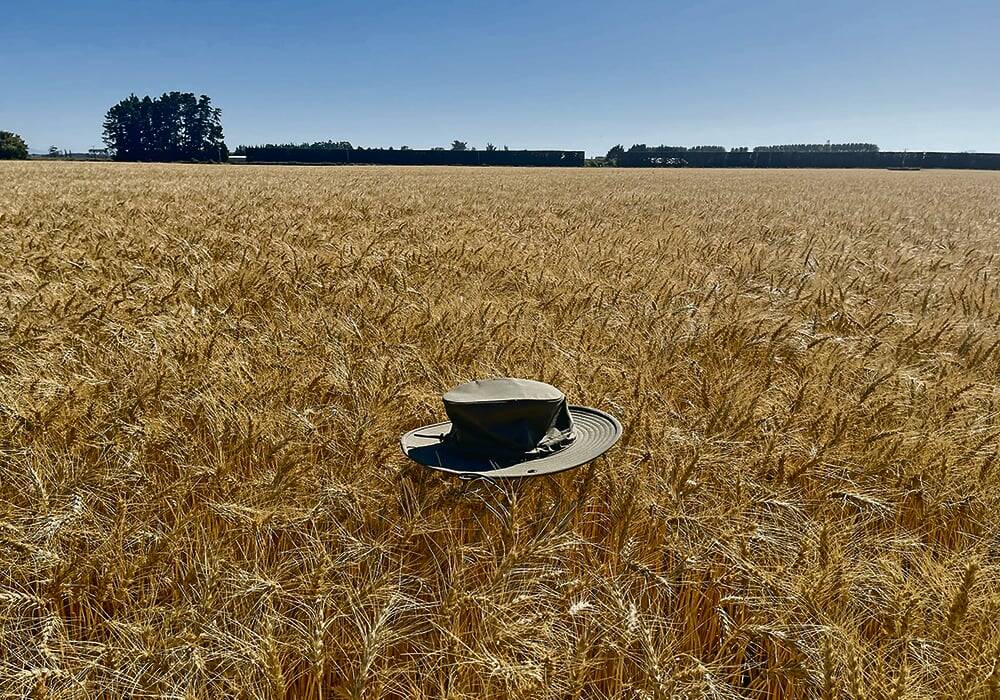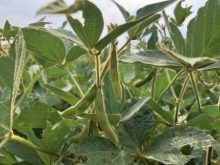There’s not much that federal policy can do to block known plant pests from buzzing, drifting or crawling into Canada on their own, but people who want to import them as feed, bait or pets are now out of luck.
The Canadian Food Inspection Agency announced Thursday it will no longer grant or extend import permits to anyone wanting to bring in any live insect that’s defined as a “pest” under the federal Plant Protection Act.
The new policy applied to insects that are plant pests even if they’re meant for use as feed, bait, pets or “any other similar or related use,” CFIA said. The rule applies to plant pests in any stage of their life cycle, including egg, pupa or larva.
Read Also

Resignation of Saskatchewan wheat breeder draws concern
Stakeholders say they hope the government will replace wheat breeder Richard Cuthbert, who has resigned effective the end of this month.
Any permits already issued will be effective only until their expiry date, but those permit holders will get no extensions or amendments from now on, the agency said Thursday.
The policy doesn’t change for insects that aren’t considered plant pests under the Act, such as house crickets or yellow mealworms raised and imported directly from the continental U.S., or exotic pets such as tarantulas that don’t require a plant protection import permit.
The CFIA has a list online of allowable critters that don’t need plant protection permits to import. The list includes a number of bacteria and fungi; all species of spiders, scorpions, leeches, earthworms, centipedes and aquatic snails; and others such as Mexican jumping beans, monarch and painted lady butterflies, certain types of cockroaches, and harvester ants (“worker caste only” and only from the continental U.S.).
The agency said its decision follows a recent review of the Plant Protection Act, in which it was found that “there is no authority for the CFIA to permit importing live insects that are plant pests for these purposes.”
No specific examples were given Thursday in which anyone has tried to import known plant pests into Canada for these reasons.
The agency reiterated Thursday that the Plant Protection Act is in place to protect plant life and the farm and forestry sectors of the Canadian economy, and that this move “will help mitigate the risk of invasive insects that are plant pests from becoming established in Canada.”
CFIA added it will “continue to take appropriate compliance or enforcement action” if such pests are spotted in any shipments arriving at Canadian ports of entry.














